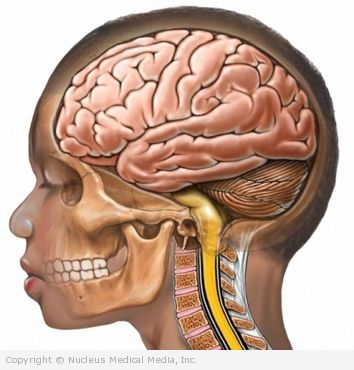Oppositional defiant disorder – ODD
Oppositional defiant disorder – Definition
Oppositional defiant disorder (ODD) is a behavior disorder in children and teens. Those with this disorder show negative, angry, and defiant behaviors much more often than most people of the same age. So much so that these behaviors begin to adversely affect the person’s relationships and ability to perform successfully in school, work, and family situations.
Oppositional defiant disorder – Causes
The cause of ODD is unknown. Like other psychiatric disorders, ODD results from a combination of genetic, family, and social factors. Children with ODD may inherit chemical imbalances in the brain that predispose them to the disorder.

Oppositional defiant disorder – Risk Factors
A risk factor is something that increases your chance of getting a disease or condition. Risk factors for ODD include:
- Sex: male
- Age: childhood and teen years
- A parent with a mood, conduct, attention deficit, or substance abuse disorder
- Marital conflict
- Child abuse
- Inconsistent parental attention
- Low socioeconomic status
Oppositional defiant disorder – Symptoms
Symptoms usually begin around age 8 and increase over several months.
Children with ODD often:
- Argue with adults
- Lose their tempers
- Refuse to follow adults’ requests or rules
- Deliberately annoy others and are annoyed by others
- Are angry and resentful
- Are spiteful or vindictive
- Blame others for their own mistakes
- Have low self-esteem
Oppositional defiant disorder – Diagnosis
The doctor will ask about symptoms, medical history, and family history, and perform a physical exam. The doctor will also look for other conduct disorders.
Diagnosis of ODD is based on these criteria:
- Child displays at least four common symptoms (see symptoms above).
- Symptoms occur more often and have more serious consequences than is typical in children of a similar age.
- Symptoms lead to significant problems in school, work, or social life.
- Symptoms are continuously present for at least 6 months.
Oppositional defiant disorder – Treatment
Treatment may include the following:
Parent Training
Training is designed to help parents manage their child’s behavior.
Child Psychotherapy
The purpose of the psychotherapy is to teach the child better ways to manage anger.
Family Psychotherapy
Family therapy help to improve family communication skills.
Cognitive-Behavior Therapy
This type of therapy helps the child and family members learn problem-solving skills and decrease negativity.
Social Skills Training
Training to help the child reduce frustration with peers.
Oppositional defiant disorder – Prevention
There are no guidelines for preventing ODD.
